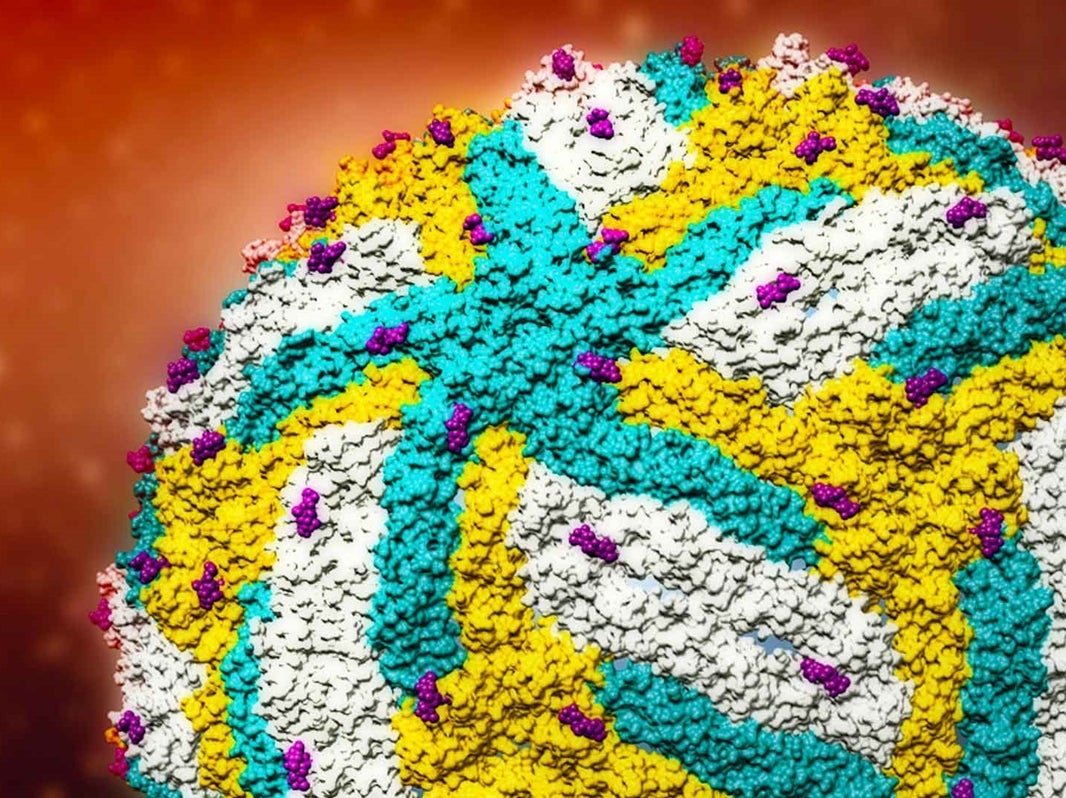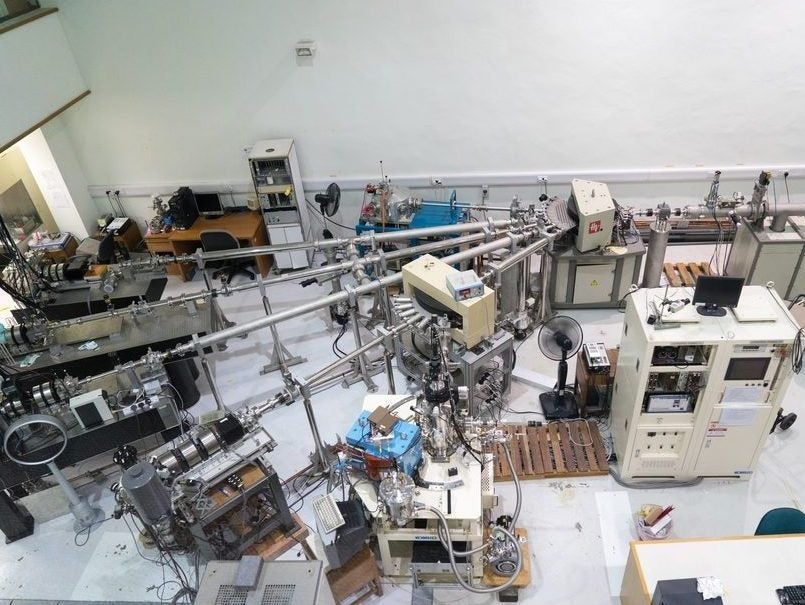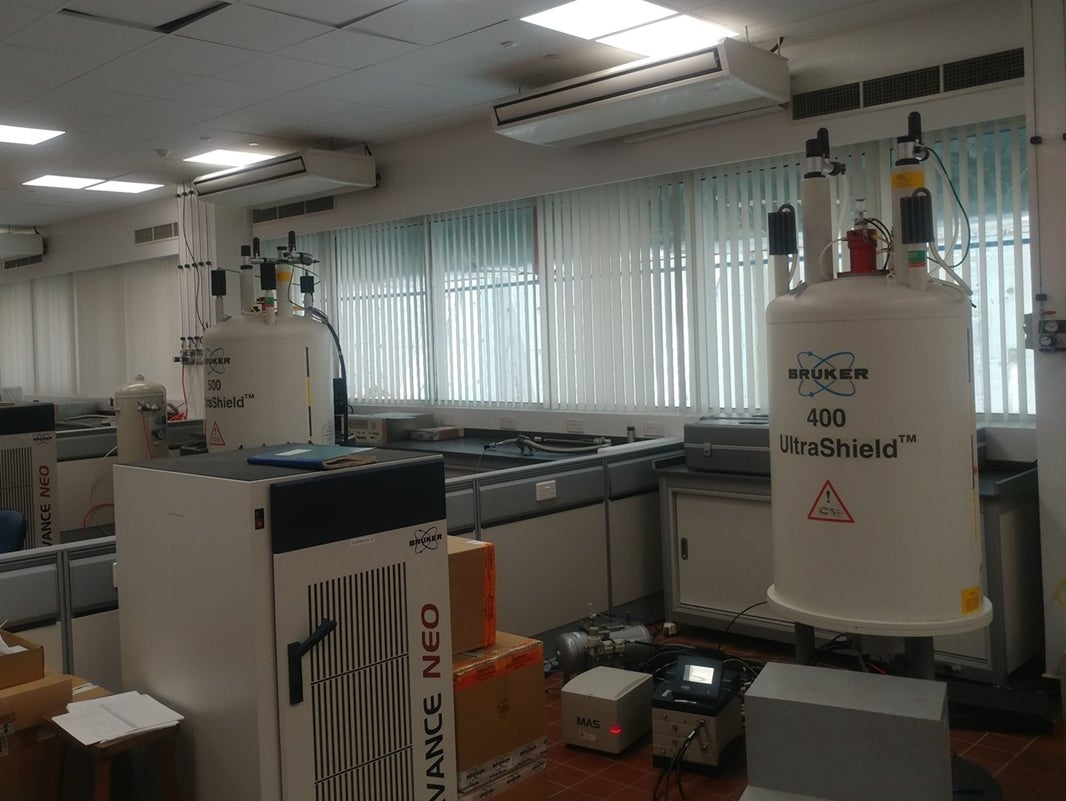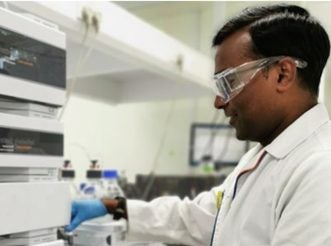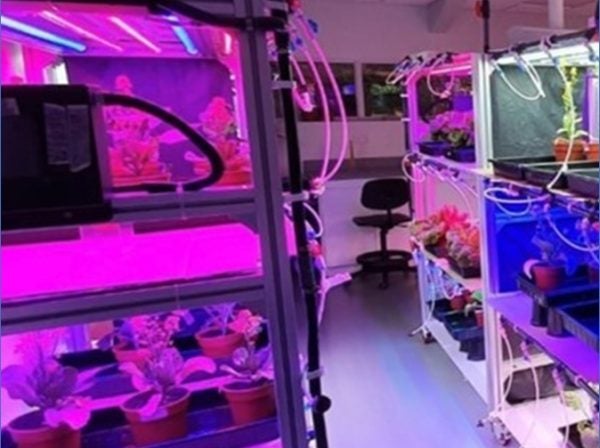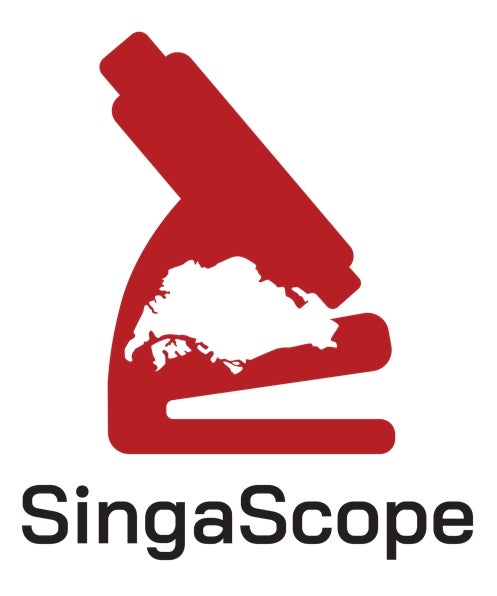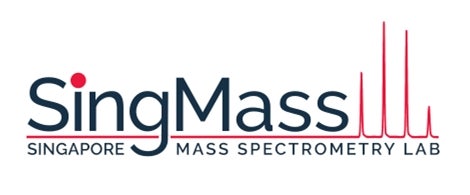Overview
Scientists from NUS Faculty of Science are keen to explore how things in the universe work and eager to challenge ideas through research. We also embrace collaborations with industry and government to develop high-value, high-impact partnerships to transform scientific innovations into solutions.
Research Collaborations
Translating scientific innovations into solutions
There are different approaches which we can work with industry partners depending on the research needs and capabilities involved. The main engagement models include:
Research Consultancy
Our researchers can offer advisory and consulting services to industry companies to facilitate problem solving and innovation for tackling complex scientific problems. This could involve challenges ranging from the data science space to the physical science domains.
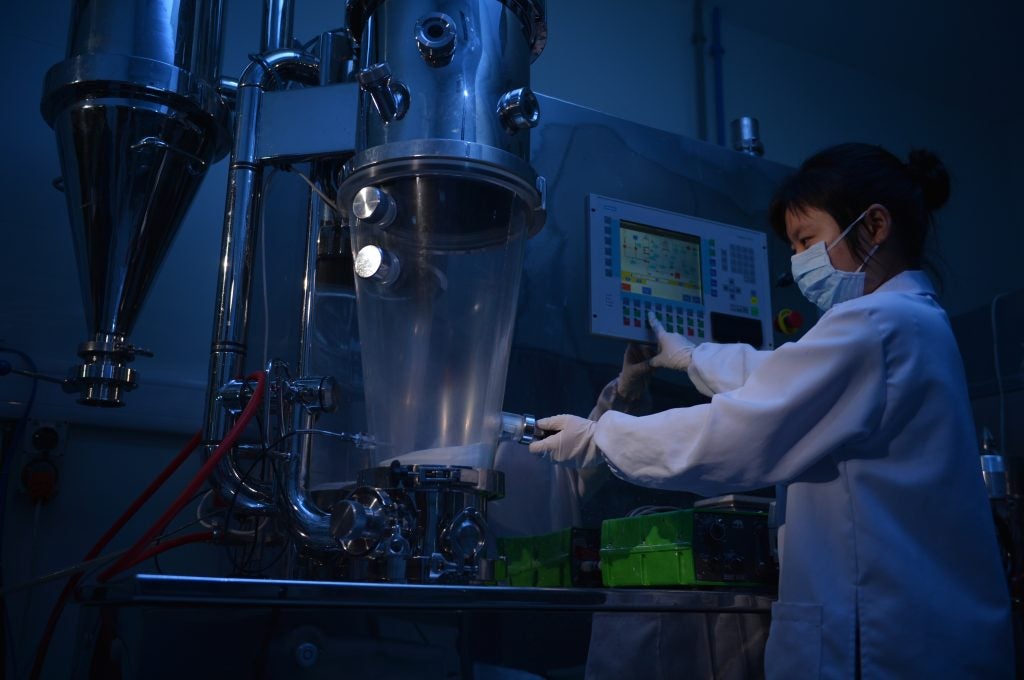
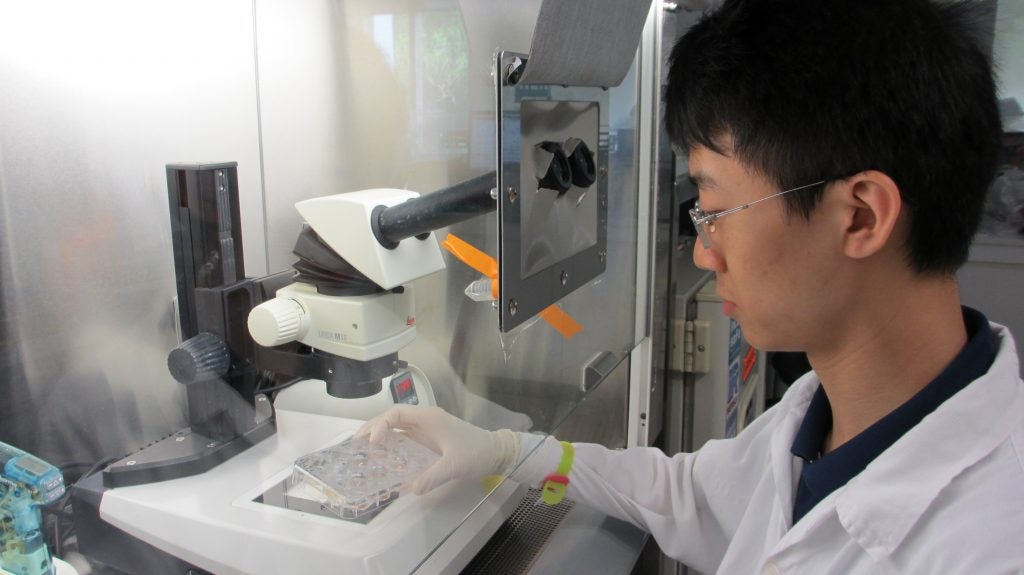
Contract Research
Companies requiring services to tackle and address a scientific issue could engage our expertise through a Contract Research Agreement (CRA) which is sometimes referred to as “Fee-for-Service” agreement. This is a specific research project with an expectation of a defined research service such as receiving reports or certain deliverables. In this arrangement, the company requiring the service covers the research expenses and costs incurred during the provision of the service.
Collaborative Research
A Research Collaboration Agreement (RCA) is used when there is mutual interest from the company and our researchers to collaborate on a research project, drawing synergies from each other’s expertise and experience in a specific field, with contribution of resources from each party to the collaborative project. The agreement describes the actions that each organisation has agreed to undertake, and defines the obligations each party has to the others participating in the collaborative research effort.
In response to research grant calls from government agencies, companies may also collaborate with our researchers to put in joint applications for these grant calls. These include projects to develop industry-ready capabilities and multidisciplinary integrated initiatives with early industry involvement.
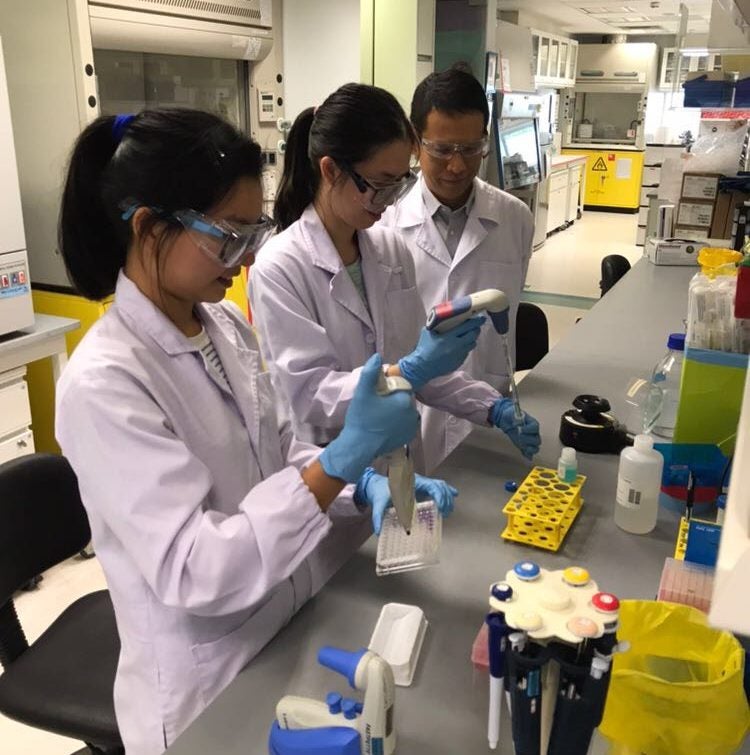
Research Partnerships
Our faculty also form intense research partnerships with selected companies on a longer term basis to enhance the collaboration and facilitate researchers and students to work alongside companies on projects that have direct relevance for the industry to translate research for the marketplace. There are two key schemes:
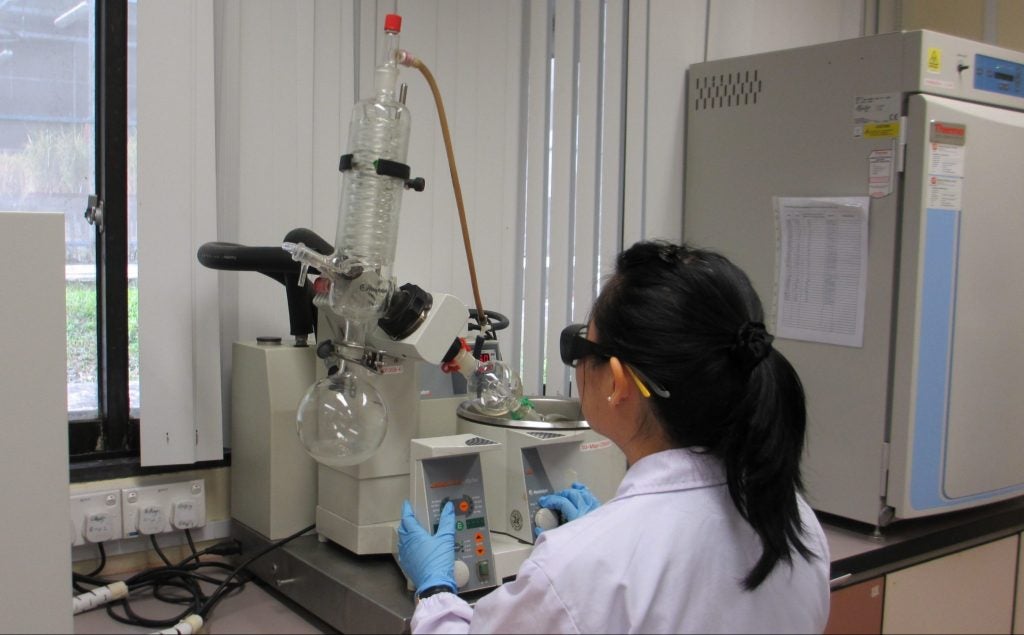
I Joint Laboratories
Joint laboratories are long-term multi-project academic-industry research collaborations with an industry partner. The long-term relationship will enable the joint development of deeper capabilities and expertise so as to leverage on the latest scientific advancements in the academia to co-develop solutions to address real-world problems relevant to the joint-lab partners.
I Corporate Laboratories
Corporate laboratories are established through public-private research and development partnerships with companies, and are supported by the National Research Foundation’s corporate lab scheme. Industry partners can leverage on the scientific and technological capabilities from the academia to advance the development of new products and services, while faculty members can achieve impact by developing innovative solutions to address research issues faced by the industry.
An example is the Applied Materials-NUS Advanced Materials Corporate Lab which combines Applied Materials’ leading expertise in materials engineering and semiconductor technologies with NUS’ multi-disciplinary research capabilities to develop new semiconductor processes, chemistry and materials to enable the next generation of semiconductor manufacturing.
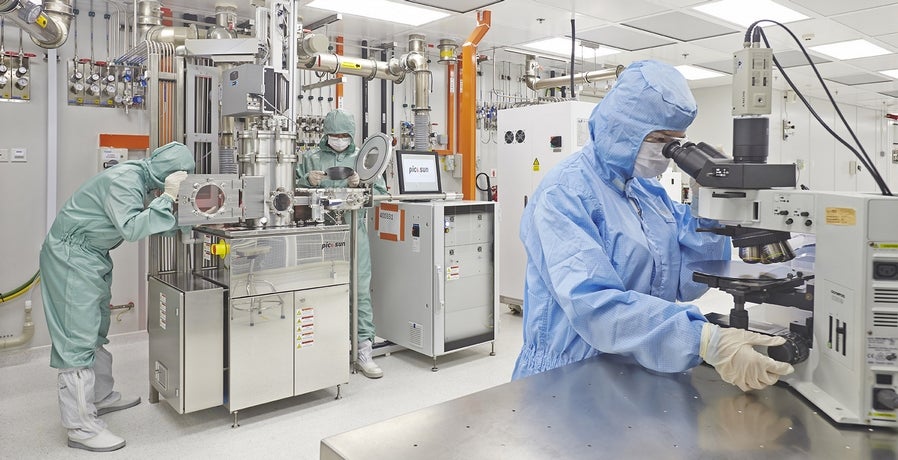
Research services
Providing value for partners
National Research Platforms
Accessing key research infrastructure
Imaging services and applications
SingaScope is a microscopy infrastructure network that brings together local imaging platforms from various institutions to allow researchers and industry access to key microscopy resources.
Samples of research collaborations


